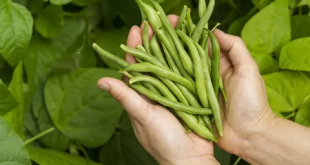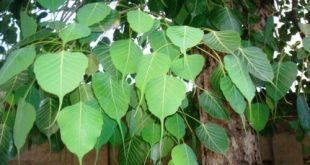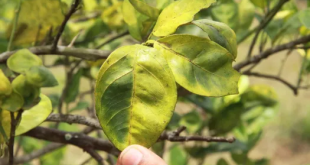Wisdom tooth extraction is a common dental procedure performed to remove one or more third molars, which are the last teeth to emerge in the mouth. These teeth often cause problems due to insufficient space in the jaw, leading to impaction, crowding, or infections. The procedure typically involves a local anesthetic to numb the area, followed by the careful removal of the tooth.
Recovery after wisdom tooth extraction usually takes a few days and includes managing swelling, pain, and bleeding, with specific aftercare instructions such as avoiding hard foods, not using straws, and maintaining oral hygiene to prevent complications like dry sockets. Consulting with a dentist ensures personalized guidance for a smoother recovery and helps address any concerns before and after the extraction.
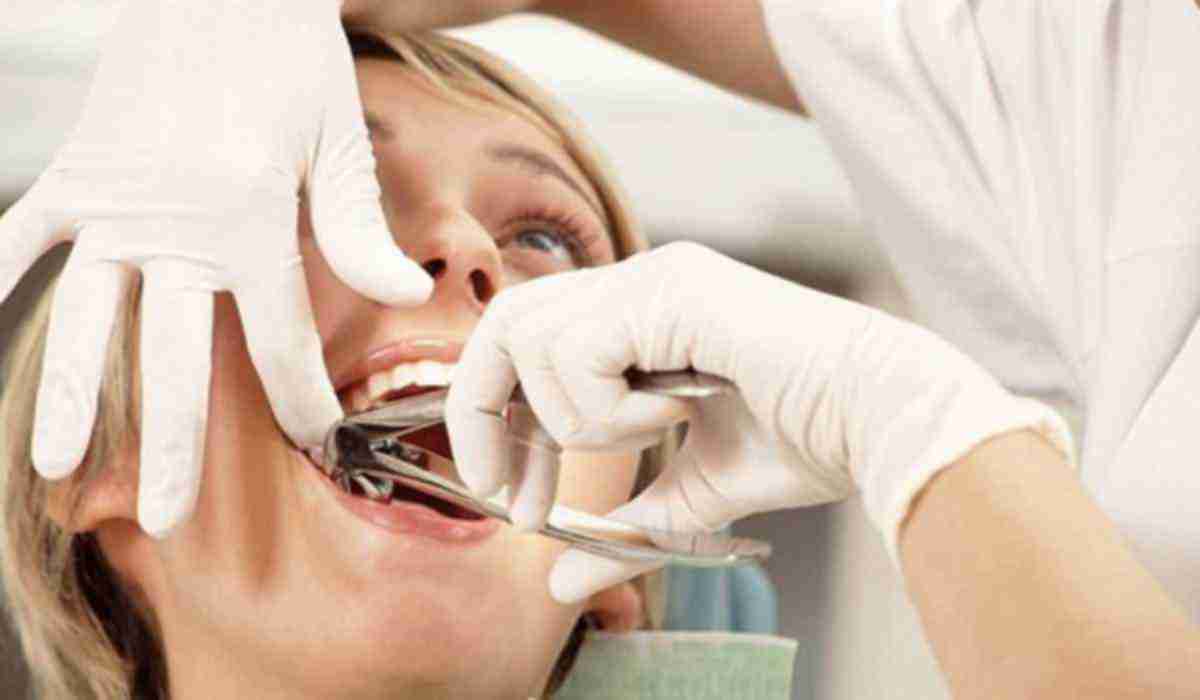
10 Frequently Asked Questions About Wisdom Tooth Extraction:
1. Can I get Wisdom Tooth Removal during pregnancy?
Most dental procedures are considered safe during pregnancy, except teeth whitening. Wisdom tooth extractions are generally safe as well, although some dentists may recommend postponing the procedure unless it becomes necessary.
The second trimester is widely regarded as the ideal time for non-urgent dental treatments since the first trimester involves critical fetal development, and the third trimester may make extended periods of lying on your back uncomfortable.
However, in the case of a dental emergency, the stage of pregnancy is no longer a concern, as immediate care takes priority to ensure the health and safety of both mother and baby.
2. When to stop using gauze after wisdom tooth extraction?
The gauze pad placed over the surgical site should remain in place for approximately 30 minutes after surgery. Once this time has passed, the gauze pad can be removed and discarded. If bleeding occurs, gauze may be needed intermittently for up to 24 hours following the procedure.
Read More: How long to keep gauze in after tooth extraction
3. When can I drink soda after wisdom tooth extraction?
Avoid soda and other carbonated beverages for at least three days after wisdom teeth extraction, as the carbonation can disrupt the blood clot and hinder healing. Research indicates that acidic environments slow the blood clotting process, making soda consumption after surgery a potential cause of discomfort and an increased risk of dry socket.
It’s best to refrain from drinking soda until you are fully healed. Even after recovery, limit your soda intake and prioritize drinking water to support good oral hygiene and promote overall healing.
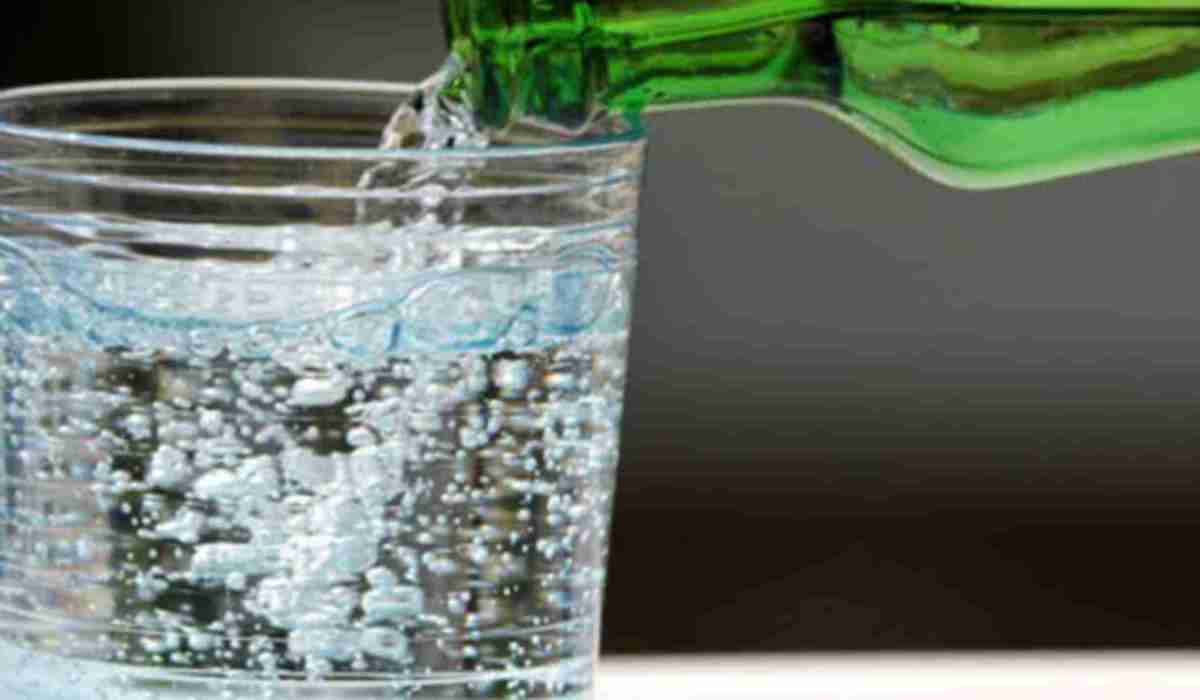
4. Can I brush my teeth after wisdom tooth extraction?
Avoid brushing near the extraction site for the first 72 hours to protect the blood clot and aid healing. Resume brushing gently near the extraction site with a soft-bristled toothbrush, being careful not to disrupt the healing process.
5. When can I eat normally after wisdom tooth extraction?
During the first 48 hours after a tooth extraction, it’s recommended to stick to soft foods and liquids. Options like applesauce, ice cream, and yogurt are gentle on the surgical site, while soups without solid pieces provide nourishment without risking the stitches. Cold foods, such as ice cream, may also help soothe pain.
After three days, patients can gradually incorporate soft foods like eggs and oatmeal into their diet, but it’s essential to consider individual recovery rates. If pain persists after three days, it’s best to delay reintroducing solid foods. Most patients can return to their normal diet and routine within seven days, depending on their healing progress.
Also Read: 50 Soft Foods to Eat After Tooth Extraction
6. Can I Use Mouthwash after Wisdom Teeth Removal?
Avoid using mouthwash immediately after a tooth extraction, as it can disturb the blood clot and hinder healing. For at least the first 24 hours post-surgery, refrain from rinsing your mouth with any solution. After this period, gently rinsing with warm salt water can help keep the area clean during the early stages of recovery.
Mouthwash, especially those containing alcohol, should be avoided until the healing process is complete, as alcohol can increase the risk of dry socket, causing pain and discomfort. Once fully healed, you can resume using a mild, alcohol-free mouthwash to maintain oral hygiene.
7. When Can I Drink Coffee After the Extraction of a Wisdom Tooth?
Your dentist will provide personalized advice based on your specific case, but it’s generally recommended to avoid coffee for about five days after surgery. For patients undergoing surgical extractions, such as impacted wisdom tooth removal, this timeline may extend to several weeks. Coffee can be reintroduced once the swelling has significantly decreased, pain is minimal, and there’s no active bleeding at the surgical sites.
When you resume drinking coffee, start gradually with a small serving or a cup of half-decaf to observe how your body responds. If you notice bleeding or heightened sensitivity, it’s best to pause and wait until you’re fully healed. In the meantime, consider alternatives like water to stay hydrated, milkshakes or smoothies as cold options, or broth and soup for warm and comforting nourishment.

8. When can I smoke after wisdom tooth extraction?
To minimize the risk of complications, it’s essential to wait at least 24 hours after a wisdom tooth extraction before smoking. However, it’s highly recommended to wait for 72 hours. After 72 hours, the chances of developing a dry socket are significantly reduced.
9. How to Manage the Worst Day of Pain after Wisdom Tooth Removal?
Take pain relief drugs according to the dentist’s instructions. Take the medication as directed, without waiting for the pain to intensify. Using ice packs can also help. Apply them to your jaw for 15 minutes on and 15 minutes off to reduce pain and swelling. Post-surgery, opt for soft foods like yogurt, soup, applesauce, and smoothies (without using a straw). Avoid brushing near the extraction site for the first 24-48 hours. Instead, rinse your mouth gently with warm salt water a few times daily.
10. Which Foods need to be Avoided After Wisdom Tooth Extraction?
Foods to avoid after wisdom tooth removal are as follows:
- Hot foods and beverages
- Alcoholic, caffeinated, or carbonated drinks
- Smoking or tobacco products
- Hard, crunchy, or sticky foods
These foods can delay the healing process and increase the chances of complications.
Concluding Remarks with Additional Tips:
Carefully follow your dentist’s instructions and take any prescribed medications as directed. Avoid using straws, smoking, or spitting, as these actions can disturb the blood clot. For at least 2-3 days after the procedure, stick to a soft food diet to prevent irritation at the surgical site. Mashed potatoes, soups, smoothies, and yogurt are great choices. Keep your head elevated while resting to help reduce swelling and support healing. Gently rinse your mouth with salt water after meals to maintain cleanliness at the surgical site. If you experience excessive bleeding or severe pain, contact your dentist right away.

